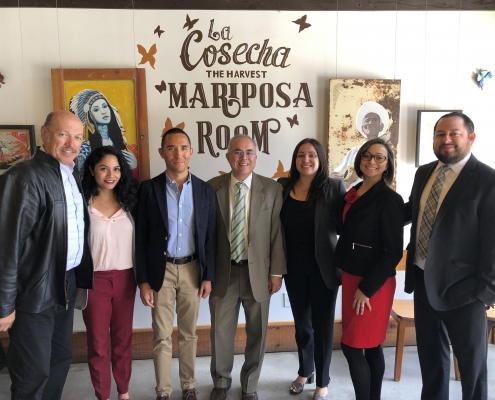Posts

Informing Policy in Real Time: UCLA LPPI in Sacramento
By Celina Avalos and Sonja Diaz On May 20, 2019, the UCLA…

Professional Development through Networking in the Bay Area
By Amado Castillo and Eduardo Solis With over 1,000 organizations…

